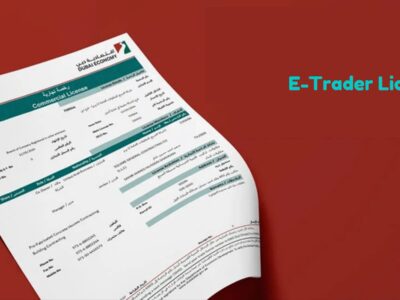Taxes play a crucial role in funding the government and supporting public services in the UK. From income tax to stamp duty, there are various types of taxes that individuals and businesses are required to pay.
Understanding the different types of taxes and their implications is important for making informed financial decisions. In this article, we will explore the different types of taxes in the UK, including income tax, corporation tax, value-added tax, capital gains tax, inheritance tax, and more.
Types of Taxes For UK Individuals
Here are the type of taxes in the UK:
- Income Tax: This is a tax on the income earned by individuals, including employment income, self-employed income, and income from savings and investments. It is always recommended to the help of expert UK tax solicitors if you have tax assessment disputes.
- National Insurance Contributions: This is a contribution made by individuals and employers to fund the state pension, social security benefits, and other state benefits.
- Value Added Tax (VAT): This is a tax on the value added to goods and services at each stage of production or distribution. It is typically included in the price of goods and services.
- Corporation Tax: This is a tax on the profits made by companies and other organizations.
- Capital Gains Tax: This is a tax on the profits made from the sale of assets such as property, stocks, and shares. Inheritance Tax: This is a tax on the estate of a deceased person, including property, money, and possessions.
- Stamp Duty: This is a tax on certain transactions, such as buying property or shares. You can take the help of conveyancing lawyers in the UK for help.
- Excise Duties: This is a tax on goods such as tobacco, alcohol, and fuel. These are the main types of taxes in the UK, and each one is governed by specific rules and regulations.
It’s important to understand these taxes and their implications, especially if you are a business owner or an individual with significant assets.
Steps to Keep in Mind When Paying Taxes in the UK
Here are some general steps to keep in mind:
- Register for a Unique Taxpayer Reference (UTR) number: If you’re self-employed or have income that’s not taxed at source, you’ll need to register for a UTR number with HM Revenue and Customs (HMRC).
- Keep accurate records: You should keep accurate records of all income, expenses, and any other relevant financial information throughout the tax year. This can include receipts, invoices, bank statements, and other documents.
- Determine your tax obligations: You’ll need to work out what taxes you owe based on your income and circumstances. This could include Income Tax, National Insurance, and VAT if you’re registered for it.
- File your tax return: You’ll need to file a tax return with HMRC each year by the relevant deadline (31 October for paper returns or 31 January for online returns). You’ll need to provide details of your income, expenses, and any other relevant information.
- Pay your taxes: You’ll need to pay any tax owed by the deadline. This could be paid through self-assessment or through PAYE if you’re an employee.
- Seek professional advice: If you’re unsure about your tax obligations, it’s a good idea to seek professional advice from a tax adviser or accountant. They can help you understand your obligations and ensure that you’re compliant with UK tax laws.
Remember, tax laws can be complex and are subject to change, so it’s important to keep up to date with any changes and seek advice if you’re unsure about anything. Regenerate response
Conclusion
In conclusion, taxes are a vital source of revenue for the UK government, and there are various types of taxes that individuals and businesses are required to pay. From income tax to excise duties, each type of tax serves a specific purpose and is governed by specific rules and regulations. By understanding the different types of taxes and their implications, individuals and businesses can make informed financial decisions and ensure compliance with the relevant tax laws. Whether you’re a business owner or an individual taxpayer, it’s important to stay up-to-date with the latest tax regulations and seek professional advice when necessary.














Comments